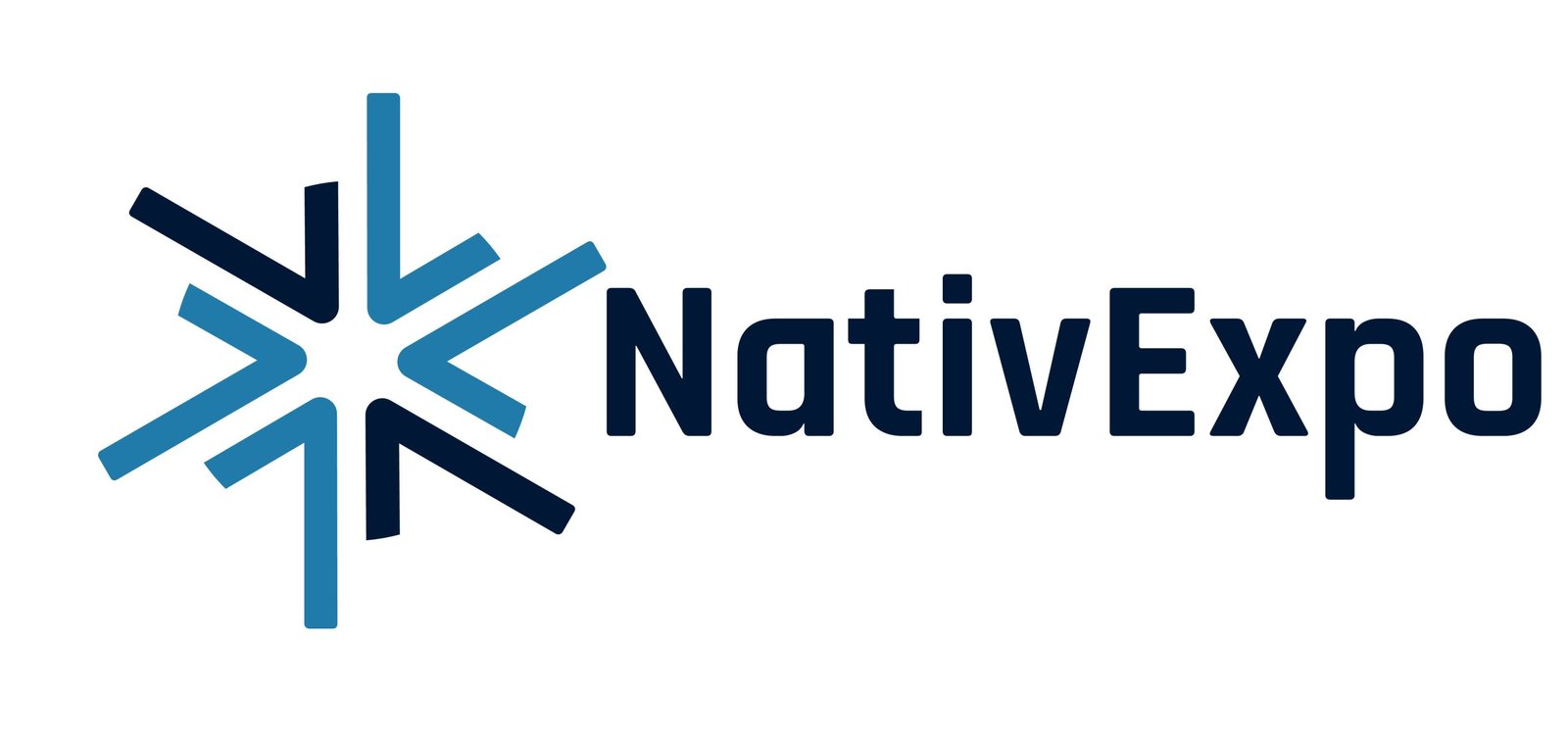Event production companies are the backbone of creating successful, seamless events—whether it’s a corporate conference, a high-energy music festival, or a dreamy event. They handle the technical, creative, and logistical elements that make events run smoothly, ensuring that everything from the lighting to the stage setup is flawless. But what exactly does an event production company do? Let’s break it down.
Defining Event Production Services
Production services refer to the behind-the-scenes work that brings an event to life. While many confuse event production with event planning, the two are distinct. Event planners prioritize logistics like venue selection, budget management, and schedules. In contrast, event production companies take charge of the technical execution. This involves setting up lighting, sound systems, video projection, and managing the day-of Event flow.
By working with an event production company, clients can concentrate on having a good time at their event instead of managing the overwhelming technical details. The production team ensures that the event looks good and functions flawlessly.
The Role of an Event Production Company
At the heart of every successful event is a skilled production team handling three key elements:
- Creative Concept and Design: Event producers bring a client’s vision to life by creating an immersive atmosphere. From developing themes to determining how visuals, sound, and lighting will combine to make an impact, they ensure the event is visually and experientially stunning.
- Technical Expertise and Equipment: Production companies manage all technical aspects—such as AV (audiovisual) systems, staging, and lighting—using state-of-the-art equipment to deliver high-quality sound and stunning visuals.
- Event Logistics and Coordination: They oversee the event timeline, ensure every vendor and performer is in sync, and troubleshoot any issues on the event day.
Key Services Offered by Event Production Companies
Event production companies offer a variety of services. Here are some of the most common ones:
Audio and Visual Services
Audio and visual (AV) services are critical components of any event. They include setting up sound systems, microphones, video screens, and projectors. This ensures that every presentation is heard and every visual element is transparent.
Lighting Design
Lighting sets the mood of an event. Whether it’s theatrical lighting for a concert or ambient lighting for a gala, production companies design and implement lighting schemes that enhance the overall aesthetic and experience of the event.
Staging and Set Design
Staging is crucial for events like concerts or conferences. Production companies handle staging design, from setting up platforms and backdrops to ensuring the stage fits the event theme.
Event Technology Integration
In today’s tech-driven world, production companies often integrate cutting-edge technology, like live streaming or interactive displays, to ensure the event engages in-person and virtual attendees.
How Event Production Companies Enhance the Guest Experience
A well-produced event offers guests a seamless, immersive experience. By managing the technical aspects, production companies allow the focus to remain on the content and atmosphere of the event. Through creative use of sound, lighting, and stage design, they can enhance how guests experience the event, creating lasting impressions.
The Difference Between Event Production and Event Planning
It is easy to confuse event production with event planning, but they are two distinct services. Event planning involves the overall visualization of the event and formulating strategies to execute it. On the other hand, event production deals with all the logistics like lighting, sound, woodwork, and other technical details. In contrast, event production focuses on the technical and creative execution of the event. Production companies ensure everything is visually and technically flawless, while planners concentrate on managing the strategic side of things. Both roles are essential for a successful event and often work hand-in-hand.
Hiring an Event Production Agency
When choosing an event production agency, consider the following factors:
1.Experience: Does the company have a proven track record of handling events similar to yours?
2.Technical Capability: Can they manage your event’s equipment and technological requirements?
3.Collaboration: Are they good communicators, and do they understand your vision?
A good production company ensures that every technical aspect aligns with your event’s goals, allowing you to relax and focus on your guests.
The Importance of a Detailed Event Management Plan
A solid event management plan is the backbone of any successful event. It includes:
1.Goals and objectives for the event
2.A timeline that details every task leading up to the event
3.Budgets and vendor coordination
With this plan in place, event production companies ensure everything runs on schedule, and no detail is overlooked.
Collaborating with Vendors
One of the essential tasks of an event production company is working with various vendors, from florists to caterers and entertainment providers. They ensure seamless communication between all parties and coordinate efforts to meet the event’s objectives and timeline.
Behind-the-Scenes Work of Event Production Companies
Much of the magic happens long before the event begins. Production teams often spend weeks:
1.Coordinating with vendors
2.Planning set designs
3.Running technical rehearsals
On the event day, they manage all the on-site logistics, troubleshoot technical issues, and ensure everything goes smoothly.
Types of Events Handled by Event Production Companies
Event production companies handle a wide range of events, including:
1.Corporate events: Conferences, product launches, and trade shows.
2.social events: From intimate ceremonies to extravagant receptions.
3.Concerts and public events: Large-scale productions with complex sound, lighting, and stage design.
Skills Needed for Event Production
Successful event production requires a variety of skills:
1.Technical expertise in AV equipment
2.Problem-solving abilities for on-the-spot troubleshooting
3.Strong communication skills to ensure that everyone involved is on the same page
Event Production Companies and Innovation
Innovation is at the heart of modern event production. Many companies now integrate advanced technologies like:
1.AI-powered event management tools
2.Live streaming and hybrid event platforms
3.3D mapping and virtual reality experiences
Staying on top of these trends allows production companies to offer cutting-edge services that enhance the event experience.
How to Start Your Own Event Management Business
If you’re considering starting your own event management business, here’s where to begin:
1.Develop a business plan that outlines your services, target market, and budget.
2.Build a network of reliable vendors.
3.Invest in technology that will streamline your processes and make you competitive.
Conclusion
Working with an event production company can distinguish between mediocre and memorable events. From handling the technical aspects to ensuring everything runs smoothly, these companies provide valuable expertise that helps make your event successful.
If you have any queries about event production or need event production services, you can contact us.
FAQs
1.What is the difference between event production and event planning?
The technical and creative aspects are the main focus of event production execution. In contrast, event planning involves logistical details like scheduling and vendor coordination.
2.How much does an event production company charge?
The cost of hiring an event production company can vary greatly based on the client’s specific needs. The final cost is tailored to meet the unique requirements and expectations of each client, depending on the event’s size, complexity, and particular services requested. It’s always best to discuss the details directly with the company to get an accurate estimate.
3.What are the top skills required for event production?
Essential skills include technical knowledge, problem-solving, and strong communication abilities.
4.Can event production companies handle virtual events?
Many specialize in virtual and hybrid events, offering live streaming and interactive platforms.
5.How far in advance should I hire an event production company?
It is best to hire a production company 3 to 6 months in advance for large-scale events. Smaller events may require less lead time.





No Comments